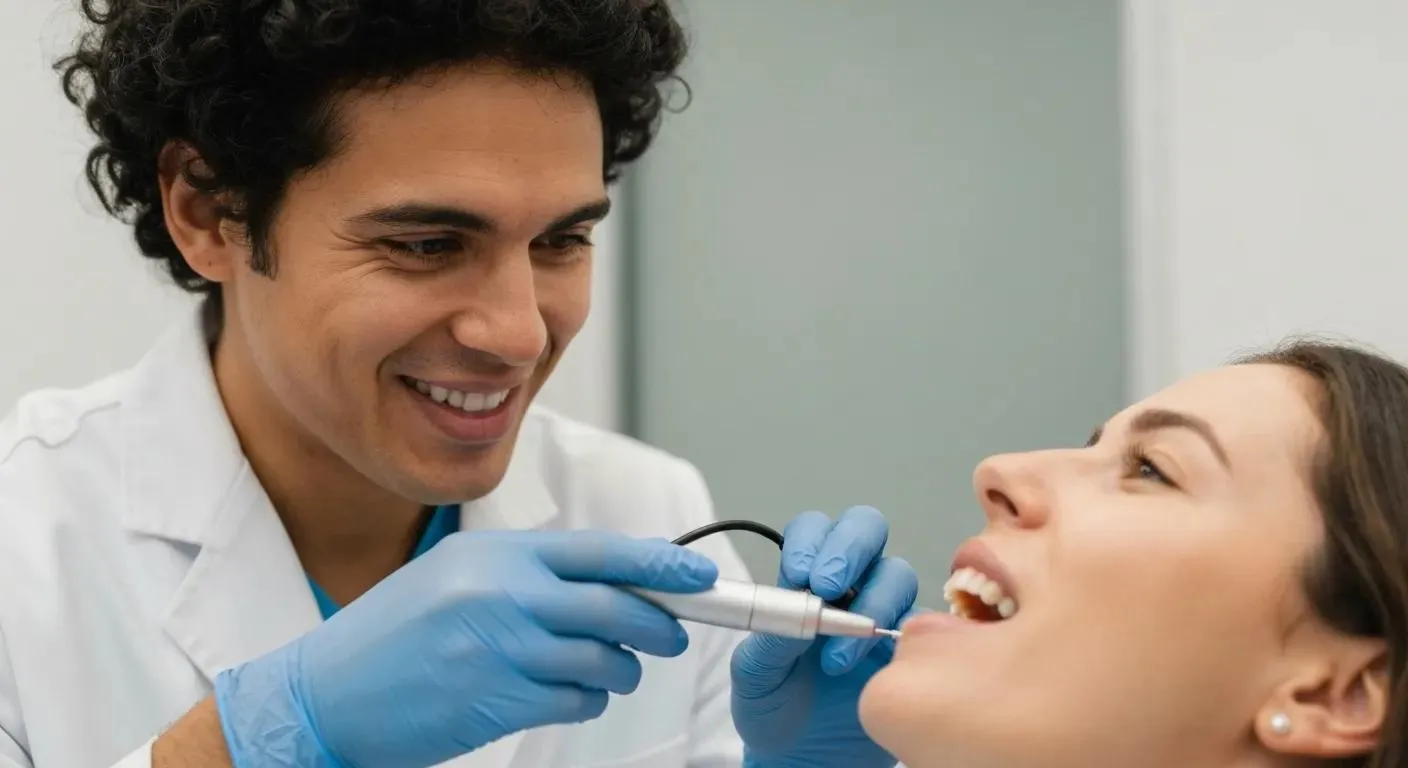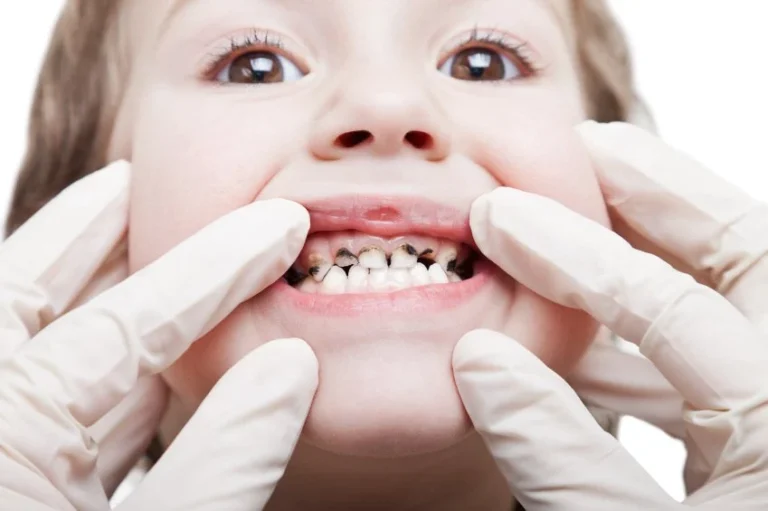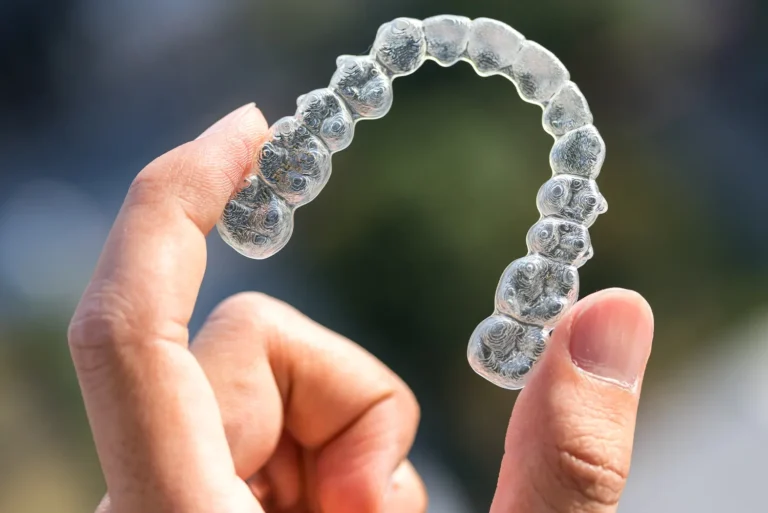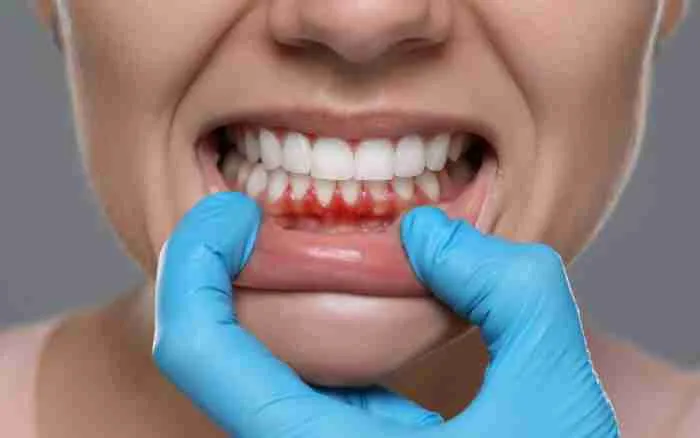Exploring the Importance of Regular Dental Checkups
Regular dental checkups form the foundation of oral health maintenance. These appointments allow dentists to monitor your teeth and gums while identifying potential problems before they develop into serious conditions. Understanding what happens during these visits helps you prepare and make the most of your dental care.
What Are Dental Checkups?
Dental checkups are routine appointments where dental professionals examine your mouth, teeth, and gums to assess your oral health. These visits typically combine diagnostic procedures with preventive treatments. The primary purpose is to identify any developing problems and provide treatment recommendations.
A dental checkup differs from a dental cleaning, though both services are often provided during the same appointment. The checkup focuses on examination and diagnosis, while cleaning involves removing plaque and tartar buildup. Dental practices typically schedule these services together for patient convenience.
What Do They Involve?
The process begins with a review of your medical history and any current concerns you may have. Your dentist will ask about pain, sensitivity, or changes you’ve noticed since your last visit. This information helps guide the examination and alerts the dentist to areas that may need special attention.
Physical examination forms the core of the dental checkup. Your dentist will visually inspect your teeth, gums, tongue, and the inside of your mouth using specialized instruments and lighting. They look for signs of decay, gum disease, oral cancer, and other conditions. The examination includes checking existing fillings, crowns, or other dental work for wear or damage.
X-rays may be taken during your checkup, depending on your individual needs and the time since your last radiographs. These images allow dentists to see between teeth and below the gum line, where visual inspection cannot reach. X-rays can reveal cavities, bone loss, impacted teeth, and other problems not visible during the clinical examination.
How Often Are They Conducted?
Most dentists recommend checkups and cleanings every six months for patients with good oral health. This schedule enables early detection of problems while allowing for adequate time for preventive care. Some patients may need more frequent visits based on their risk factors and oral health status.
Patients with gum disease, a history of frequent cavities, or certain medical conditions may benefit from more frequent checkups. Your dentist will recommend an appropriate schedule based on your individual needs. Other factors that influence frequency include age, overall health, medication use, and a history of previous dental problems.
What Are the Benefits?
Early detection represents a significant advantage of regular dental checkups. Problems identified in their initial stages are typically easier to treat. Small cavities can be filled before they require crowns or root canals, and gum disease can be managed before it leads to tooth loss.
Preventive education occurs naturally during dental checkups. Your dental team can provide personalized advice about brushing techniques, flossing methods, and dietary choices that support oral health. They may recommend specific products or modifications to your home care routine based on their observations during your examination. Early detection of oral cancer is another benefit of regular checkups.
Schedule a Checkup Today
Regular dental checkups provide the foundation for maintaining oral health throughout your life. These appointments offer early detection, preventive education, and professional monitoring that cannot be replicated through home care alone. Contact your dental office to schedule your next checkup if you haven’t had an examination within the past six months.




